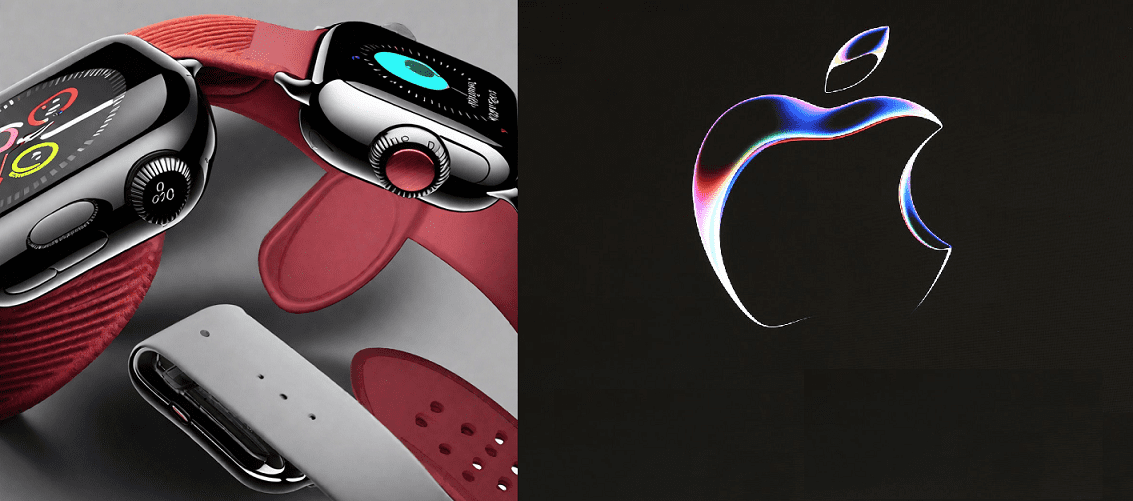
In a significant development, the International Trade Commission (ITC) has officially banned the sale of Apple's latest Watch Series 9 and Watch Ultra 2 in the United States, effective from December 26th. The decision came after President Joe Biden's administration opted not to intervene and veto the ban.
The ban prompted Apple to swiftly remove both devices from its official website on December 21st and from physical store shelves after December 24th. The Office of US Trade Representative Katherine Tai, in a statement quoted by CNBC, clarified that the agency had "decided not to reverse the ITC’s [International Trade Commission] determination" after thorough consideration.
In response, an unnamed Apple spokesperson, as reported by Reuters, confirmed the company's intention to appeal the ITC decision, stating, "We strongly disagree with the USITC decision and resulting exclusion order, and are taking all measures to return Apple Watch Series 9 and Apple Watch Ultra 2 to customers in the U.S. as soon as possible."
The ITC imposed the ban after determining that Apple had infringed on the blood oxygen saturation technology patented by Masimo, a separate company. Additionally, the commission ordered Apple to cease selling any previously-imported devices incorporating the contested technology. Despite Apple's efforts to halt the decision pending an appeal, the ITC rejected their request. The last opportunity for intervention rested with President Joe Biden's veto, which, unfortunately for Apple, did not materialize.
It is essential to note that this ban exclusively impacts Apple stores in the US. Consumers can still purchase the Watch Series 9 or Watch Ultra 2 from alternative retailers such as Best Buy and Target, as the ban does not extend to them. Apple will continue selling the Watch SE, which lacks a blood oxygen sensor and remains unaffected by the ban.
The next steps for Apple remain uncertain. Speculation abounds regarding potential avenues, including modifying the blood oxygen sensor through software updates or disabling the sensor on imported devices. However, these approaches may not be sufficient to appease the ITC. Another plausible scenario is Apple reaching a settlement with Masimo, the patent holder, to resolve the ongoing dispute. The tech giant finds itself at a crossroads, navigating the complexities of legal battles and potential resolutions to ensure the continued availability of its popular smartwatches in the US market.